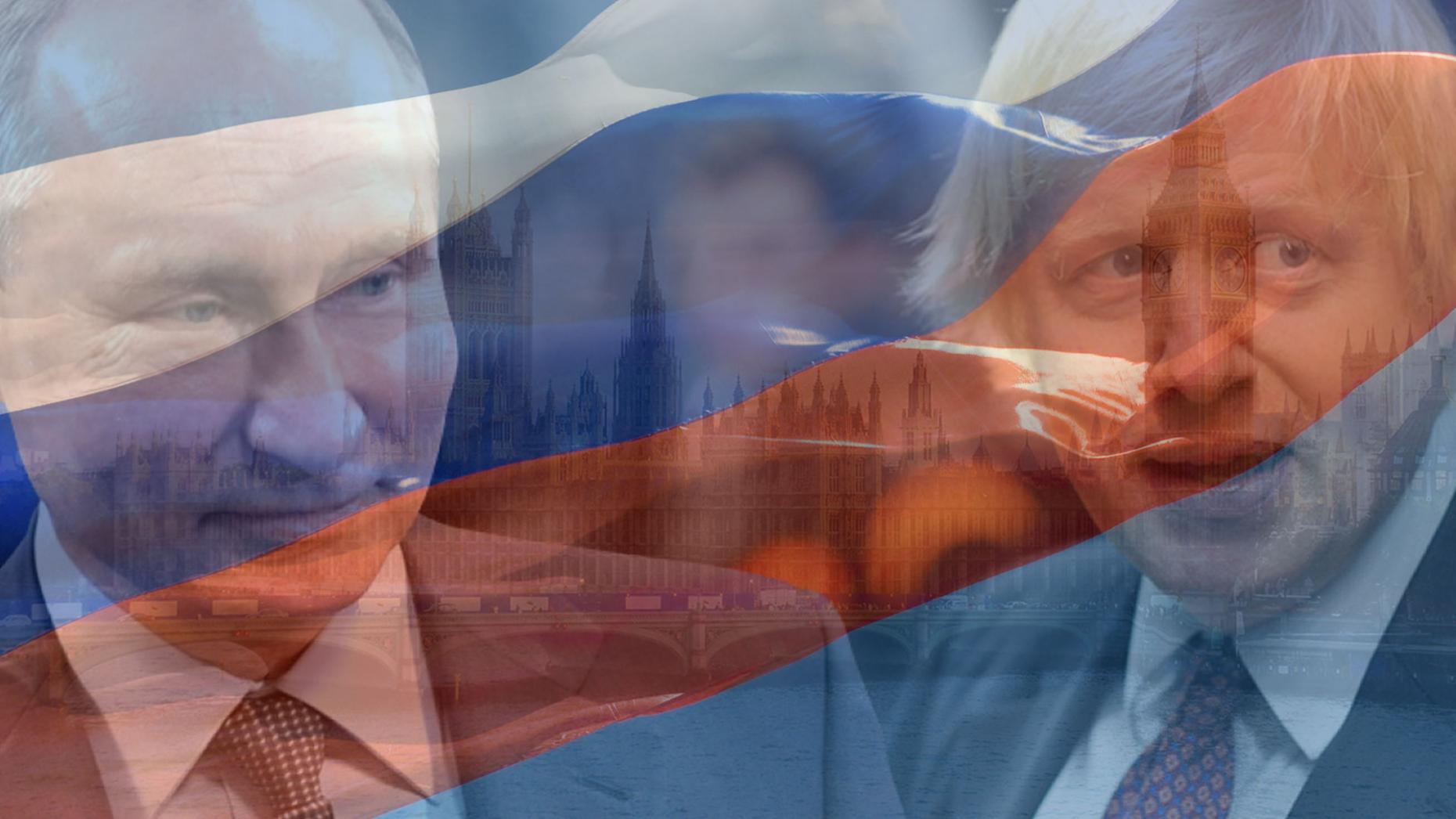From Magna Carta, through the Civil War that established that Parliament should govern the country (rather than the absolute power of an individual) to the Suffragettes’ campaign for universal suffrage, the right to vote has been hard fought and hard won.
This is why we’re urged regularly to use this cornerstone of our democracy, to ensure we ordinary citizens have a voice in how we’re governed, through our elected representatives whom we trust to speak and make wise, informed decisions on our behalf.
Until last week it was reasonable to assume that those representatives respected this and genuinely did their best to serve in the interests of all their constituents. None of us wants to think we, and the country, are being treated unfairly or unjustly, or being manipulated by cheats who prosper at our expense.
But the publication of the Russia Report has cast a doubt on the integrity and strength of our democracy and that will have an effect on the people of Lincolnshire and elsewhere in ways we may find hard to imagine.
I’m sure most are now aware what the report reveals: that the UK has been a top intelligence and political target for Russia for some time; that influential people, including government ministers in the current cabinet, have been befriended by, and benefitted from, the wealth of Russian oligarchs; and senior politicians, including the current and previous Prime Minister were made aware of possible Russian interference in a range of national elections from 2014 onwards, but “actively avoided looking for evidence”.
The question why these politicians chose to look the other way is not being answered. This leaves the very nasty but unavoidable suspicion — reinforced by Boris Johnson’s behaviour over delaying publication of the report, attempts to manipulate the committee, his sidelining of Parliament and threats to the courts — that there is something to hide, something bad enough for them to do anything to avoid accountability. One might imagine they fear they will never be forgiven if we find they have been lying to us, the country is being weakened and cheats and liars are prospering at our expense.
Plenty will say at this point that they make up their own minds on how to vote. I don’t doubt their sincerity. But 49% of people polled the weekend after the report came out believe the Russians did interfere in elections, twice as many as those who did not.
And when no less a figure than Dominic Grieve, who was chair of the independent, non-partisan and objective Intelligence and Security Committee that heard the evidence and produced the report, points out that “part of the ISC’s role is to inform the public of risks to our security and democracy… we were unable to do that… this is a serious challenge to our values of democracy and rule of law.” we should listen.
We should also listen to the Institute for Government which monitors the work of Westminster. They have raised particular concerns at the way the government is concentrating legislative power, without any real reference to or scrutiny from our elected representatives. They say “there is real concern about the way in which the government is holding Parliament, the devolved administrations and other key stakeholders in contempt.”
This reliance on ‘Henry 8th powers’ during the COVID-19 crisis, to enable emergency action to be taken without reference to our elected representatives in Parliament, may be thought acceptable in the circumstances, but credible evidence is emerging to suggest that these same powers are being used inappropriately to make and change the law without scrutiny, for example introducing new criminal offences and creating ‘skeleton legislation’ which is absent any detail, allowing ministers to provide it after the event. An optimist would hope this is just temporary… but what if it isn’t?
Does this matter? Of course it does. It appears our much vaunted democracy is being undermined by dishonest behaviour. Our first past the post electoral system may provide ‘strong government’ for some, and a substantial majority of seats undoubtedly gives the winning party the chance to push through their policies without too much difficulty. But it is open to abuse. By definition it always leaves the majority of the electorate without any sort of voice at all. If they have conscientious MPs who speak up and vote on their behalf, all well and good — but if they don’t, you have what the late Lord Hailsham called an ‘elected dictatorship’.
That’s where we seem to be now. Remember, those applying to be Conservative candidates in last December’s general election had to prove their ‘loyalty’ to the Johnson cause. Conservative MPs who spoke truth to power in the last Parliament were bullied out of their constituencies. With checks and balances like that reduced or removed to suppress dissent, you can be sure more and more people will feel unrepresented; and when they are affected, problems will ensue — as Margaret Thatcher found to her cost with the Poll Tax riots.
It matters outside Parliament too. What is to stop those in elected office, in Lincolnshire and elsewhere, looking at the example set by the current government and emulating such behaviour? We’ve been here before, remember. It is only 16 years ago that the then leader of Lincolnshire County Council was prosecuted for misuse of public office and disgraced, using bullying and intimidation to try and change the route of a road so that he could benefit financially, behaviour which fellow councillors ignored.
At the time, the chief executive, who had stood up to these actions, warned that the problems he had exposed were unlikely to go away. While this is emphatically not to say that we are now seeing a repeat of that behaviour locally, it is undoubtedly re-emerging in Westminster.
The strength of the UK’s famously unwritten constitution, its ability to flex and adapt to all circumstances, has been founded on the assumption of Parliament’s ability through our elected representatives, to hold every government to account in all circumstances.
However, it seems that the Russia Report has exposed the weaknesses in this constitution and our electoral laws, and the protections that we have taken for granted for so long are gradually being removed. So far from Parliament ‘taking back control’ (to coin a phrase), it would appear that control has been seized by a small cabal that hates being criticised, surrounds itself with acolytes and refuses to be held accountable by anyone, let alone Parliament and the people we vote for.
Unless this is resisted, Lord Acton’s famous observation that “all power tends to corrupt and absolute power corrupts absolutely,” will prove to be correct and all but a few of us will be the losers.







